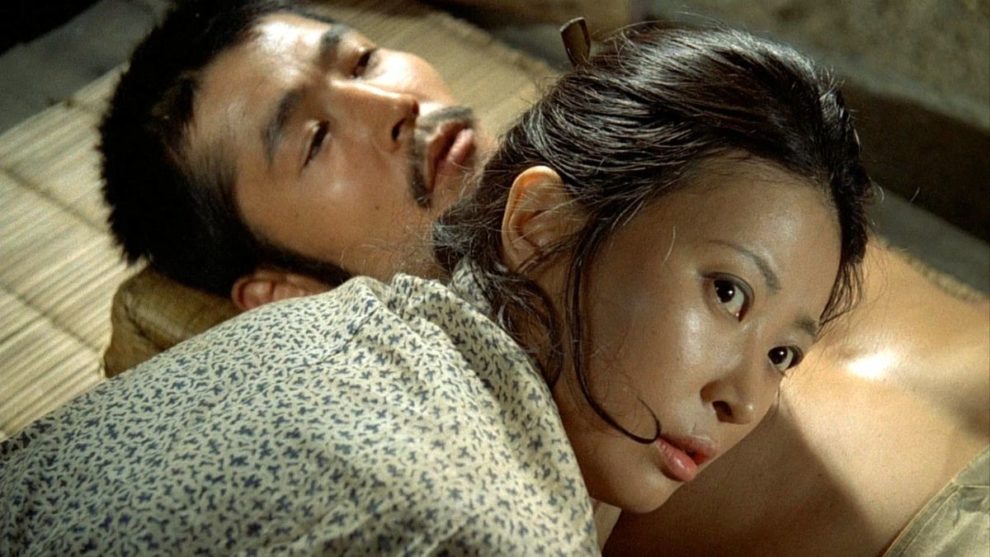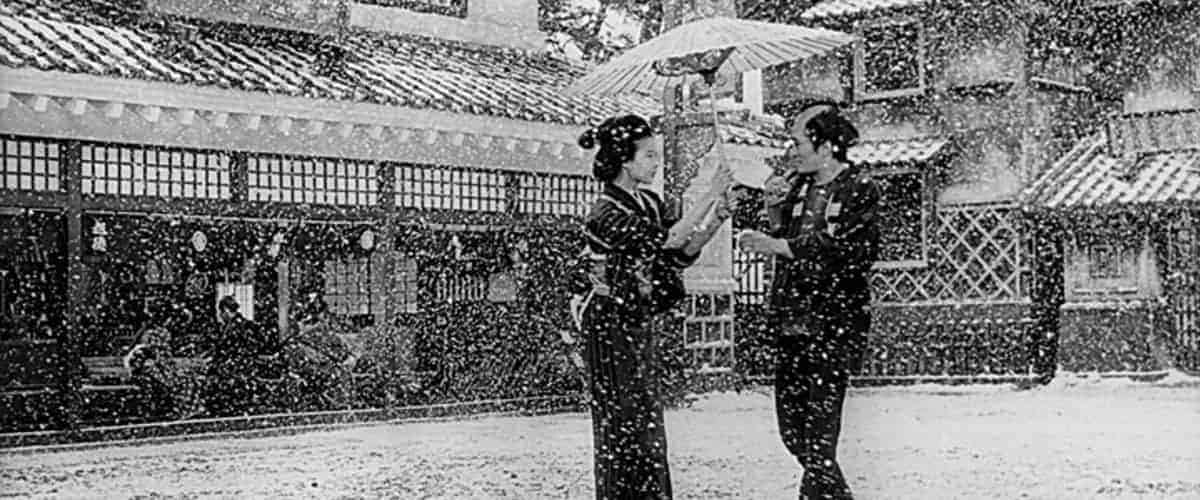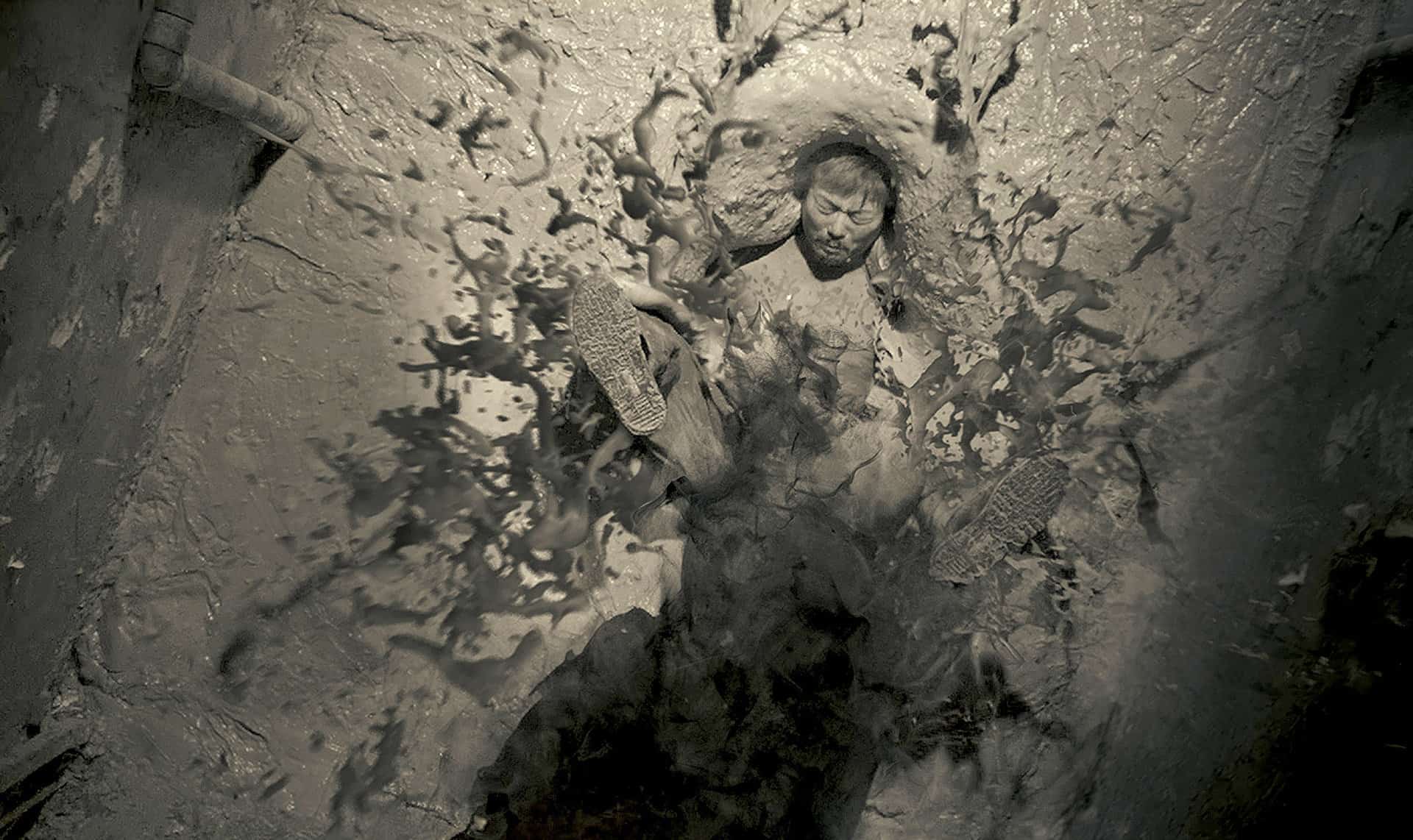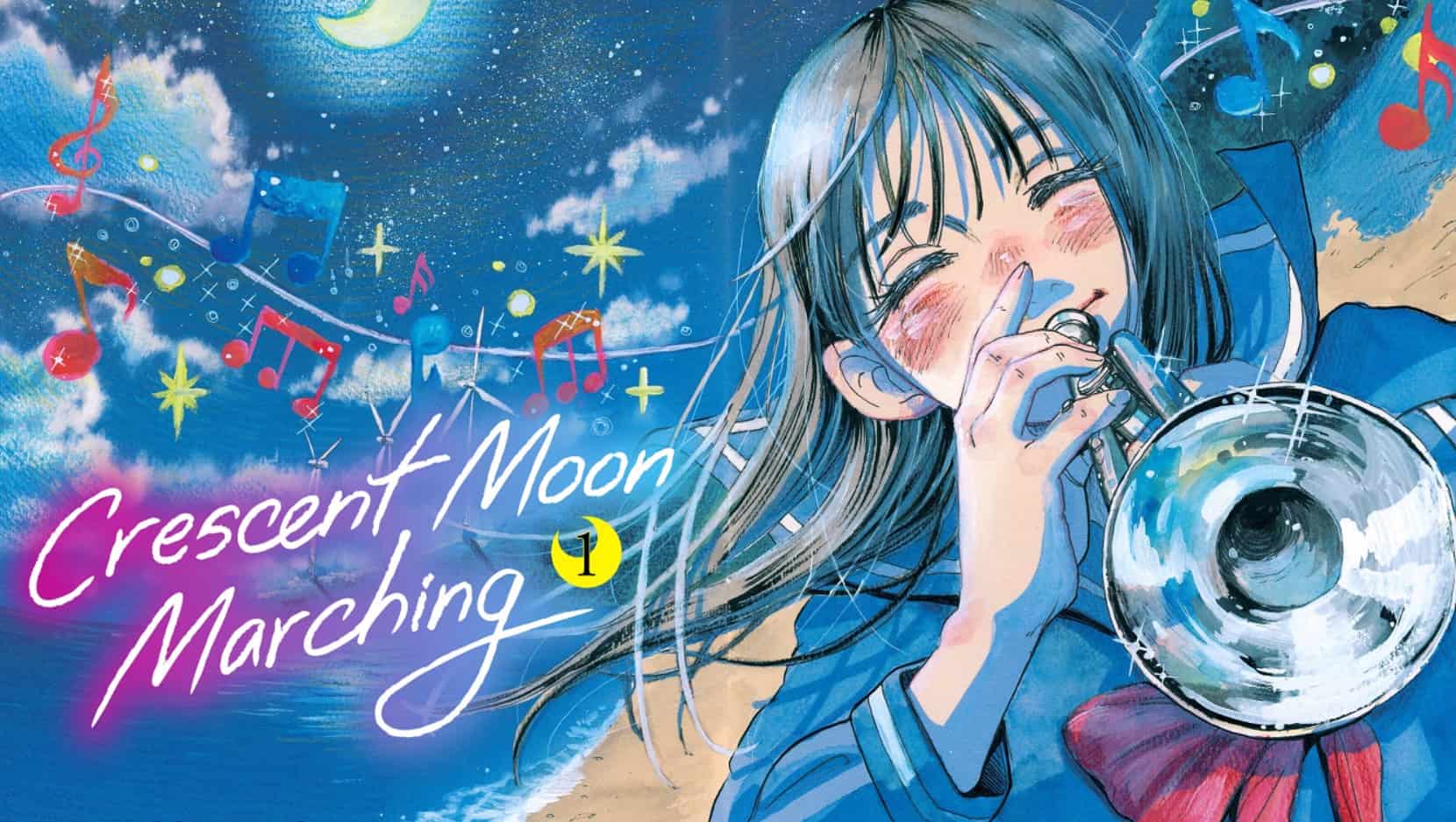Two years after the release of “In the Realm of the Senses”, arguably his most notorious work given the scandal it caused in many countries, Nagisa Oshima made “Empire of Passion”, which was advertised as a spiritual successor to his last work. Based on a novel by Itoko Nakamura “Empire of Passion” shares the idea of a fatal affair, emphasizing the link between devotion, passion and violence, but in the end is quite a different movie, especially due to its horror elements, which caused many to regard it as one of the inspirations for Hideo Nakata's “Ringu”. You might even go one step further by not just calling it a different, but in many ways also a much more refined and better feature than its predecessor, telling the story of a small community whose deeply-rooted blend of superstition and predilection for gossip make it a very bitter portrayal of Japanese society and politics.
“Empire of Passion” is streaming on MUBI
In a small rural village, miles away from the nearest city, Gisaburo (Takahiro Tamura), a rickshaw-driver, and his wife Seki (Kazuko Yoshiyuki) live with their two children. Since her husband spends much time away from home and only comes back late in the evening, former soldier Toyoji (Tatsuya Fuji) keeps Seki company, chats with her and has the occasional cup of sake. Even though these visits have been the cause for much gossip already, especially Seki has never spend much thought on them since the age difference of 26 years between her Toyoji is quite huge. However, the former soldier does not care much for these differences as he becomes more and more demanding in his flirtations so that eventually Seki gives in and sleeps with him. In order to cover up the deed and be together, Toyoji comes up with the plan of killing Gisaburo and hiding his corpse in a well in the nearby woods.
Three years after the murder, the two still manage to keep their relationship a secret, but now the topic of the gossip has shifted, focusing on the ongoing absence of Gisaburo, who, as Seki insists, is in Tokyo where he hopes to make more money for the family. However, her cover lie begins to crumble when, one evening, Gisaburo's ghost appears in her home, and also to some of the other villagers, who begin to suspect foul play. While Seki begins to question her sanity, becomes increasingly agitated and upset by the recurring visits of the ghosts, an inspector from the city arrives, willing to take on the case of the missing rickshaw driver.
Similar to “In the Realm of Senses” Oshima closely takes a look at the distinction between the private and the public sphere, in this case even rural and urban Japan in a way. What is most interesting is not how but who represents certain values with the inspector played by Takuzo Kawatani being the most obvious example, emphasizing in one of his speeches to the villagers that “civilization and enlightenment” are the ruling forces of the day. Meant as a reassurance with regard to his investigation, he further distances himself from the microcosm of the village, finding them vulgar and barbaric, which is somewhat ironic given the exploitative and intrusive means he uses to go about his investigation. As a representative of power, he utilizes oppressive methods, such as extortion and blackmail, defining a very bleak reflection on those authorities he represents, in a way similar to the intellectual in “In the Realm of Senses” captured in a conflict of his obsession and impotence.
Considering “Empire of Passion” is also a crime story, the very nature of the crime exposes the system of oppression of the moral code represented by the villagers and the state. While there is certainly no question about the depravity of the crime, it has to be considered within the context of this kind of system of repression, whose problematic relationship with the body and sexuality creates taboos, for example, the relationship of the two main characters and the age gap between them. Similar to Hideo Nakata's masterful “Ringu”, the well becomes the perfect symbol for the return of what has been repressed, with Toyoji developing a fatal obsession with the place and the recurring visions of the ghost. Oppression of feeling creates ghosts and violence, making “Empire of Passion” a truly brutal story, about how a certain level of repression results in violent outburst, in murder, lynch mobs and sadism.
“Empire of Passion” tells a provocative story about guilt, oppression and a fatal affair. In a way, Nagisa Oshima has truly directed a sequel to “In The Realm of Senses” because it is narratively and formally a more provocative and subtle approach to themes which nowadays seem more relevant than ever given the kind of “ghosts” taboos and a repressive moral code give birth to.
















